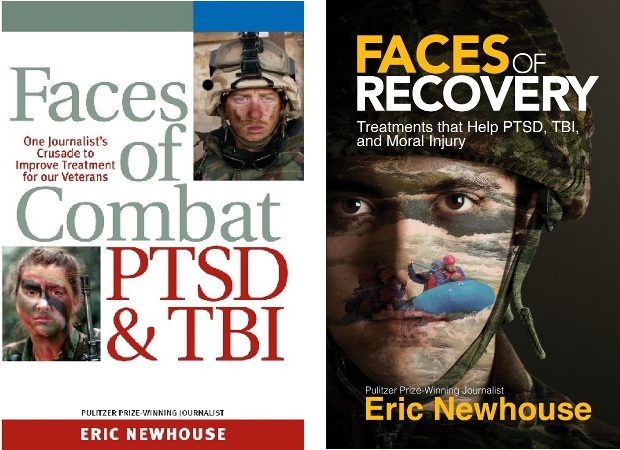By ERIC NEWHOUSE • Great Falls Tribune
SALT LAKE CITY — At a recent mental health conference in the Salt Palace, a Utah National Guardsman described how he finally learned to sleep again.
It’s a simple technique that the Veterans Administration has tested in Salt Lake City and found effective for both sleep disorders and for post-traumatic stress disorder.
“When they told me about ‘mind-body bridging,’ I thought they were blowing smoke because it was so simple,” Sgt. 1st Class Kip Day of Salt Lake City said last week.
“But it works,” he added.
The system developed by Dr. Stanley Block and described in his book, “Come To Your Senses,” involves listening, touching, seeing and smelling your environment instead of wrestling with your thoughts.
“That’s a grounding technique that’s common to a number of therapies,” noted Steve Allen, a VA psychologist in Salt Lake.
Day said he returned from an intense tour of duty in Iraq in 2003 and had severe nightmares every night for the next six years.
“Drugs didn’t work for me,” he said. “They just made my dreams worse.
“But the first night I tried the program, I began listening to the clock in my room as a way to go to sleep,” said Day. “That very first night, I slept and didn’t dream — which was amazing to me.
“The next night, I had a funny dream and woke up laughing,” Day said. “I even woke my wife up with my laughter.”
To test whether the therapy was effective, the VA took 60 vets with sleep disorders, many of whom also had symptoms of PTSD, and broke them into two random groups, said Rich Landward, a licensed clinical social worker for the VA in Salt Lake City.
One group received four sessions of sleep hygiene: medical advice on what to do to sleep better, things like not drinking caffeine in the evening or trying to sleep in front of a television set.
“There was some sleep improvement with this group, but not nearly as much as the bridging the mind and body group,” Landward said.
“We told them to tune into their senses — sight, sound, hearing, smell, touch,” Landward said. “We told them to listen to a fan at bedtime or concentrate on feeling the sheets.







